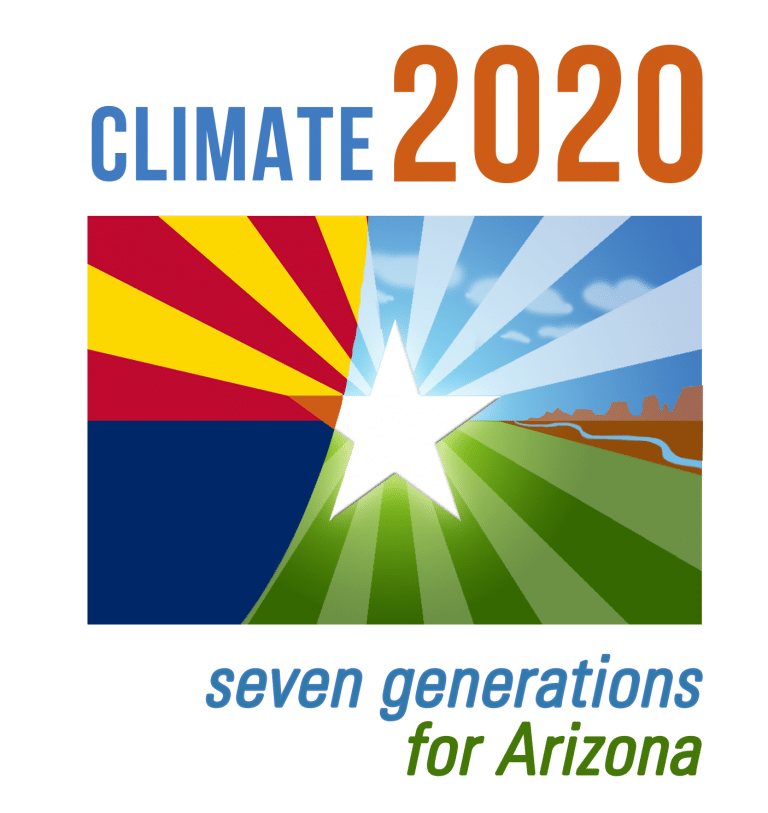Jasmine Anenberg, PhD student
Interviewed by STICH Scholar and Ecoss social media specialist Kayla Blair. Meet Jasmine Anenberg, a PhD student in the Bowker lab! This lab’s main job is to learn about and restore soil function to areas that have been degraded, by preventing erosion, stimulating nutrient cycling and productivity, or manipulating water […]
